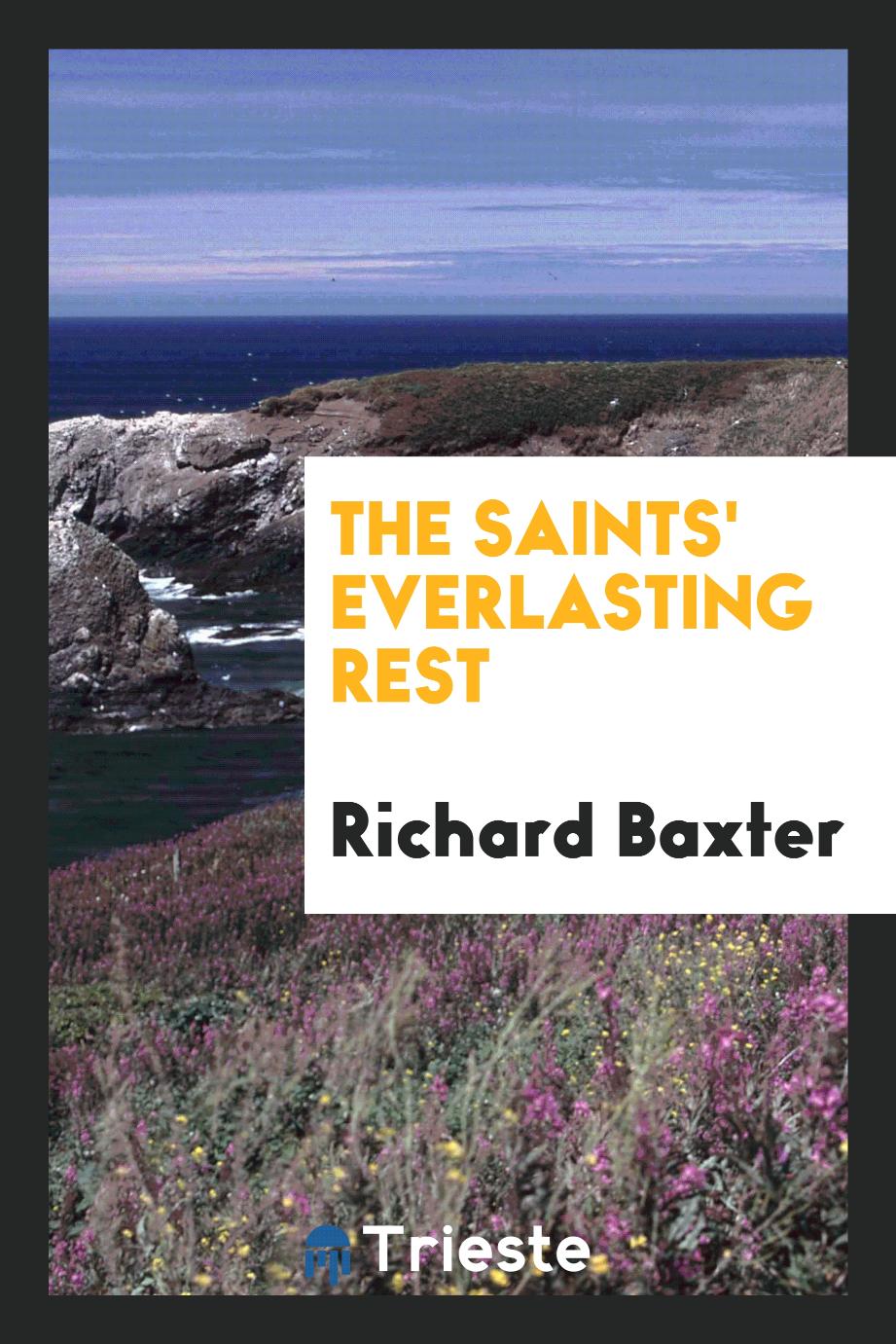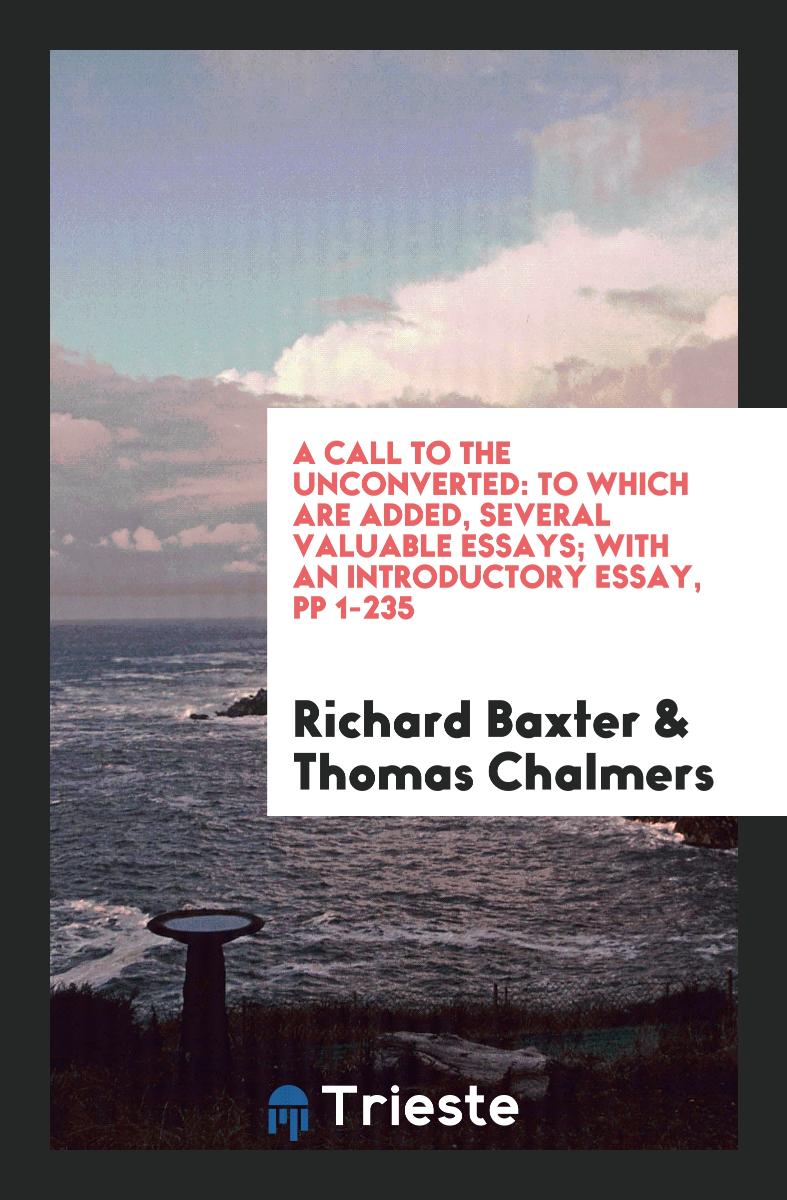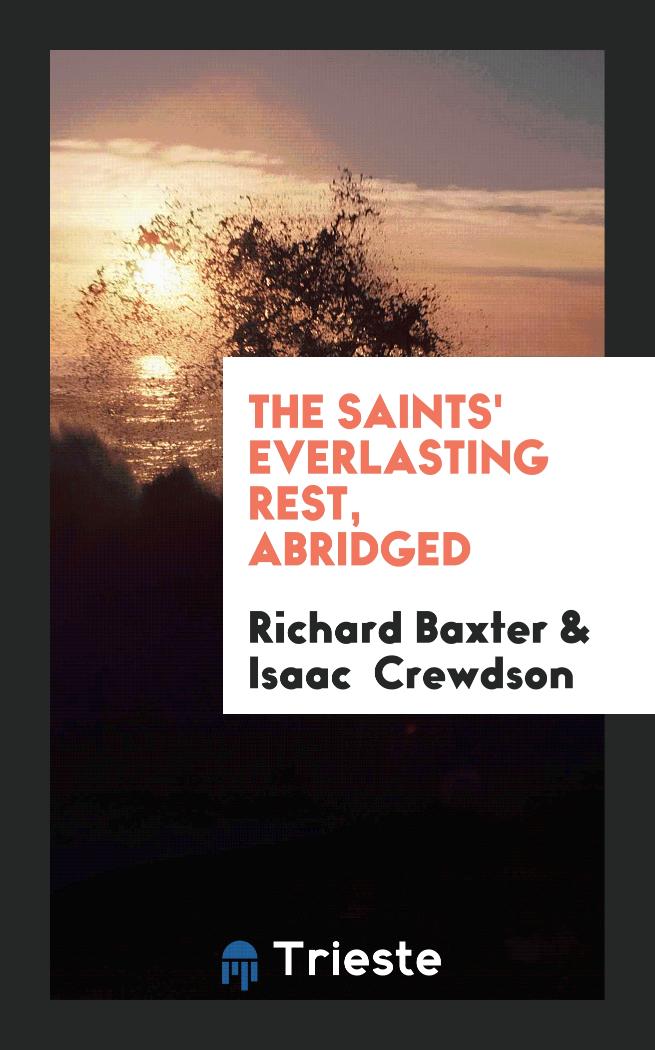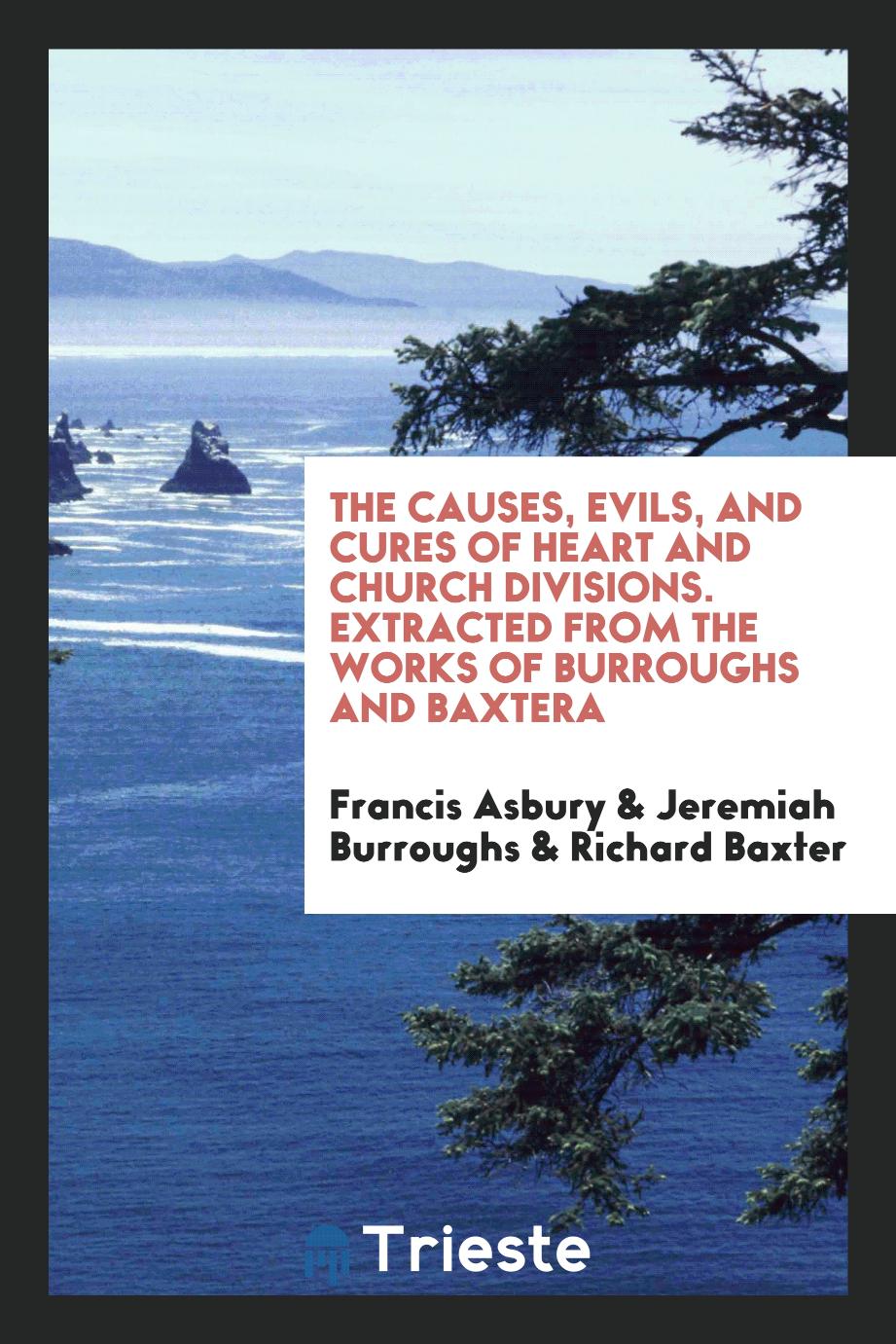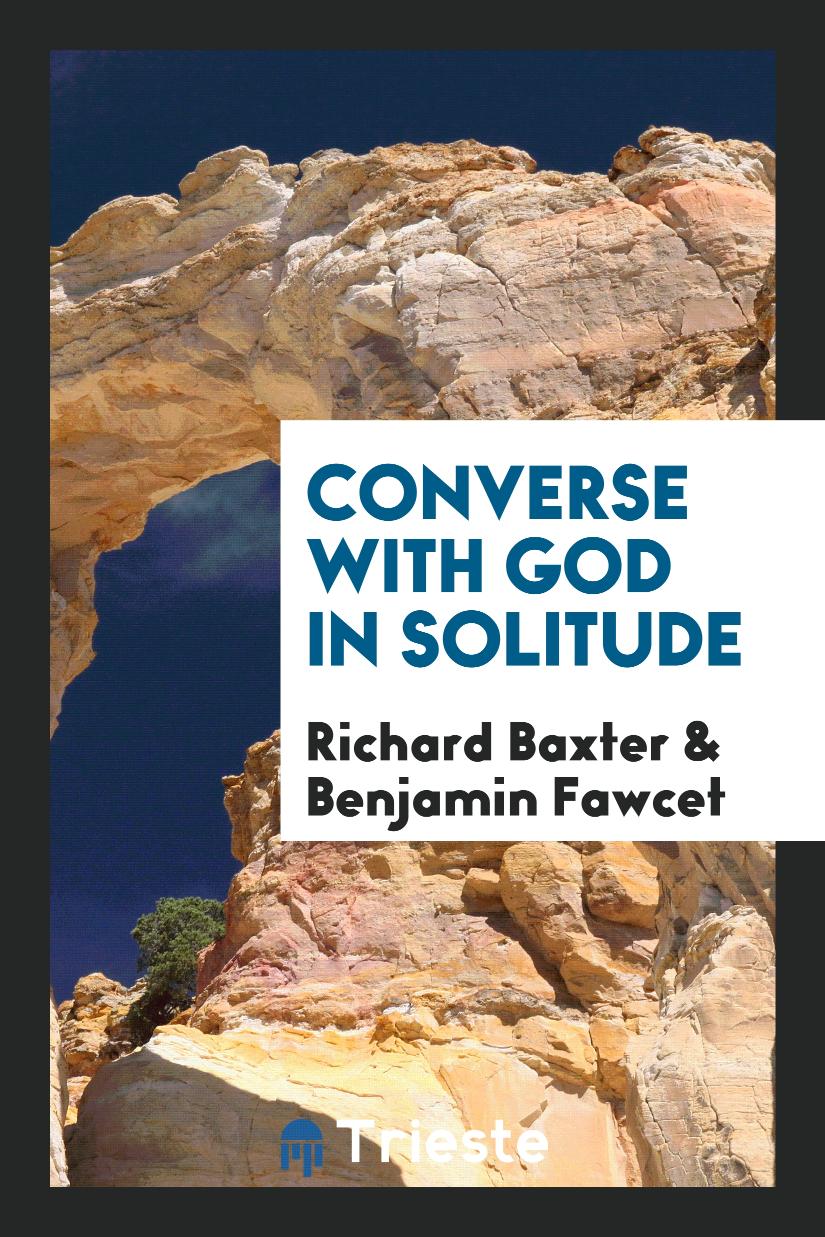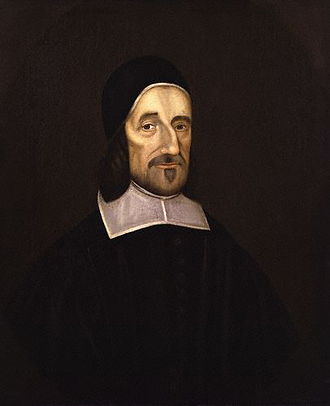
Richard Baxter
Richard Baxter (November 12, 1615 - December 8, 1691) was the leader of the English Puritan Church, poet, anthem, theologian and debater. Dean Stanley called him "the head of the English Protestant schoolchildren." After several unsuccessful attempts, he earned his reputation by serving at Kidderminster and at about the same time began a long and fruitful career as a theological writer. After the Restoration, he abandoned his preferences, while maintaining a non-separatist Presbyterian approach, and became one of the most influential non-conformist leaders spending time in prison. His views on justification and sanctification are somewhat contradictory and unconventional in the Calvinist tradition, because some of his teachings seem to undermine salvation by faith, as he emphasizes the need for repentance and fidelity. Baxter was born in Rawton, Shropshire, in the home of his maternal grandfather (probably November 12, 1615), and was baptized in his then-parish church in High Erkola. In February 1626, he was transferred to his parents ’house (now called the Baxter House) in Eton Constantine. Richard's early education was poor, as it was mainly in the hands of the local clergy, which was practically illiterate. He was helped by John Owen, master of the free school in Wroxeter, where he studied from 1629 to 1632, and achieved significant success in Latin. On Owen's advice, he did not go to Oxford (he later regretted it), but went to Ludlow Castle to read with Richard Wickstead, chaplain of the Council of Wales and Marsha.
